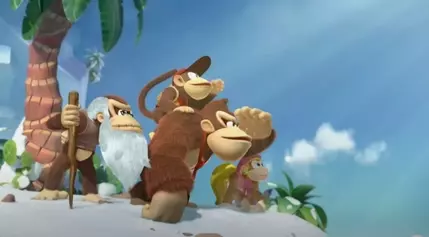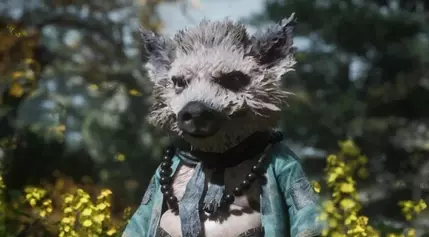In a world where music transcends boundaries, two renowned producers, Andrew Wyatt and Andrew Watt, have been making waves with their collaborations with some of the biggest names in the industry. Despite sharing similar names and professions, they often find themselves mistaken for each other. This mix-up highlights the interconnectedness of the music world and the sometimes blurred lines between its creators. Both Andrews have achieved significant milestones, including Oscar nominations and collaborations with artists like Lady Gaga, Bruno Mars, and Miley Cyrus. The story delves into their experiences, challenges, and the profound impact of music on both creators and audiences.
A Tale of Two Andrews: Navigating the Music Industry
In the vibrant autumn of the music scene, two individuals named Andrew Wyatt and Andrew Watt have become pivotal figures. Wyatt earned an Academy Award for Best Original Song in 2019 for "Shallow" from A Star Is Born. Meanwhile, Watt has garnered acclaim for his work with Mick Jagger and Pearl Jam, earning Grammy nominations. Despite their achievements, they frequently face confusion due to their similar names. Watt humorously recounts being congratulated for winning an Oscar that Wyatt actually won, while Wyatt shares anecdotes of people praising him for work he didn't do. Both Andrews have embraced these moments with grace, choosing to celebrate the shared success rather than correct every misunderstanding.
Their paths have crossed in various projects, including working with Bruno Mars. They also reflect on the power of music through personal experiences. Wyatt recalls a memorable performance in Russia where he witnessed the transformative effect of music on the audience. Watt discusses his involvement in creating "Never Too Late" for Elton John's documentary, emphasizing the emotional depth of the process. Both Andrews agree that music is not just entertainment but a vital force that can heal and inspire.
The Healing Power of Music: Stories from the Heart
Music has the unique ability to touch hearts and evoke emotions. Andra Day, a two-time Oscar nominee, shares a poignant moment during her performance at an Amazon Music event. She connected deeply with a woman in the audience who was moved to tears. Day reflects on how music can serve as a form of healing, drawing parallels to ancient stories where music was used to restore balance. Similarly, Camille, a French musician, wrote a song for Emilia Pérez that resonated with many listeners. Her song "Papa" evoked memories and emotions, reminding everyone of the universal language of music.
Robbie Williams, known for his hit "Angels," speaks about the emotional toll of performing songs that resonate deeply with audiences. He describes the experience of watching his biopic, where he was portrayed by a monkey, as surreal yet fulfilling. The film’s music, crafted to provide comfort and closure, became an integral part of the narrative. For Andrew Wyatt, writing "Beautiful This Way" for The Last Showgirl involved capturing the essence of the film’s protagonist, played by Pamela Anderson. Working with Miley Cyrus on this project highlighted her dedication and the layers within her voice.
Reflections on Legacy and Collaboration
From collaborating with legends like Quincy Jones and Chaka Khan to working with contemporary artists, Wyatt and Watt have experienced the full spectrum of musical creation. Wyatt recalls the surreal moment of working with Jones, striving to honor his legacy by infusing complex musicality into their compositions. Watt expresses gratitude for the opportunity to work with iconic bands like The Rolling Stones, Elton John, and Pearl Jam, acknowledging the responsibility of representing fans’ expectations.
When asked about their dream collaborations, the artists share diverse aspirations. Robbie Williams dreams of reviving the Rat Pack era, while Camille wishes to write for Celine Dion. Andra Day envisions working with Billie Holiday and Michael Jackson, and Wyatt longs for a session with Jimi Hendrix. These desires underscore the enduring influence of past and present musicians on today’s creators.
In conclusion, the journey of these musicians reveals the profound impact of music on both creators and listeners. It serves as a reminder that music is not merely a form of entertainment but a powerful tool for connection, healing, and self-discovery. As the Andrews continue to craft melodies that touch hearts, they remind us all of the timeless magic of music.



















